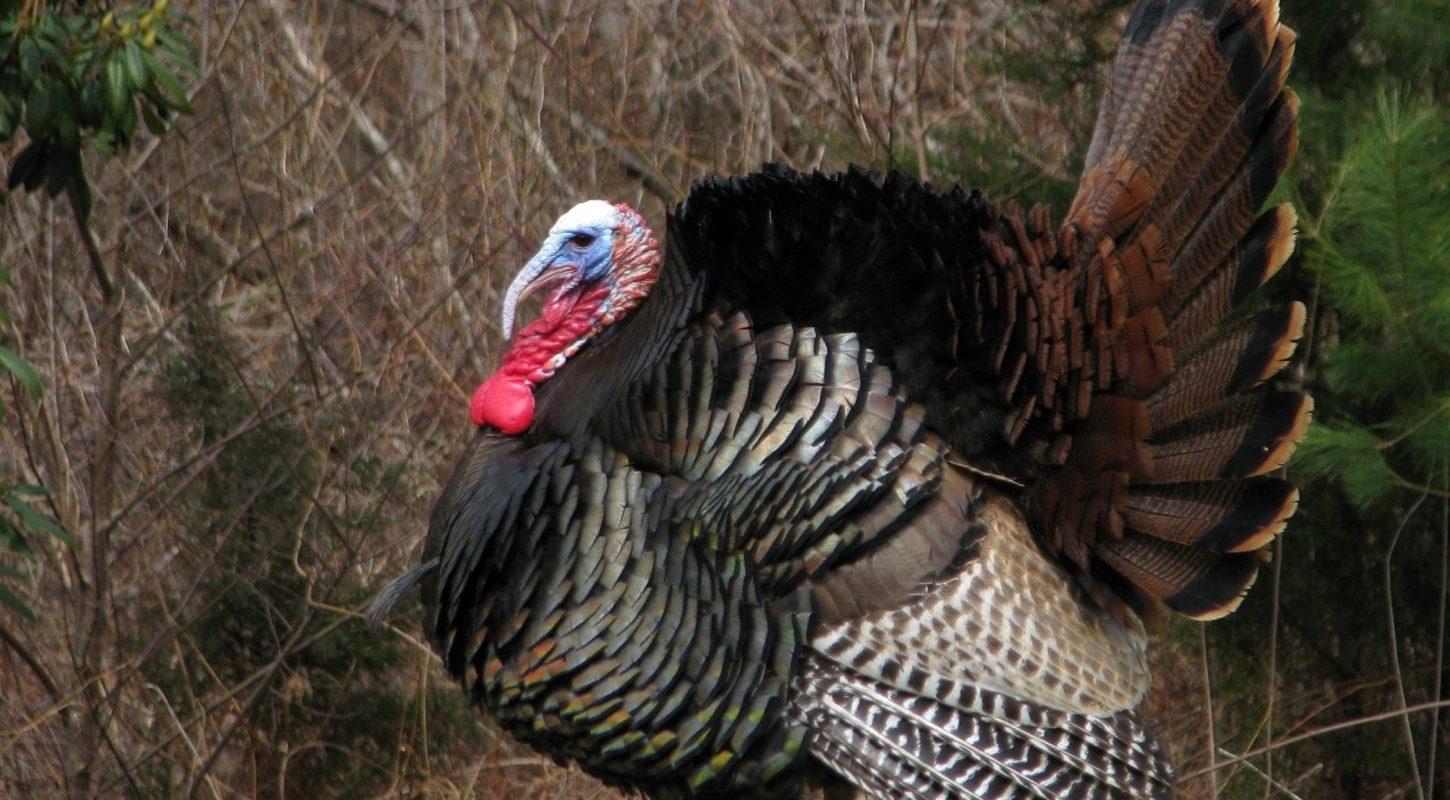Perhaps you’ve seen the video I did a few years back for Farm Sanctuary’s Adopt-A-Turkey campaign. I’d love for you to read this list of turkey facts inspired by intel from Farm Sanctuary, who spend all their time caring for and advocating for these unique creatures.
Like cats and dogs, turkeys are intelligent and sensitive animals who form strong social bonds and show great affection to others. Petting a turkey can be one of the most life-changing moments. Try it sometime.
- Did you know that turkeys communicate their emotions by way of color changes in the skin on their necks, faces and snoods (the flap of skin that hangs over the turkey’s beak)? And that a turkey’s snood turns bright red when he is upset or during courtship? Touching it can be rather shocking — it’s super soft and bumpy.
- Turkeys recognize each other by their unique voices.
- On factory farms, turkeys frequently have the ends of their beaks and toes cut off without anesthesia — practices known as debeaking and detoeing — to prevent them from injuring one another as they are crowded by the thousands into dark, filthy warehouses.
- Between 1965 and today, the weight of the average turkey raised commercially in the U.S. increased by 57 percent, from an average of 18 pounds to an average of 28.2 pounds, causing commercially-bred turkeys to suffer from crippling foot and leg problems.
- Completely unlike their wild ancestors not only in terms of physique but also in hue, most commercial turkeys are totally white — the natural bronze color selectively bred out of them to eliminate uneven pigment colorations — because of consumer preference for even flesh tones. I mean.. ew. Think about that for a second.
- Also catering to consumer preferences for “white meat,” the industry has selectively bred turkeys to have abnormally large breasts. This anatomical manipulation makes it difficult for male turkeys to mount the females, eliminating these birds’ ability to reproduce naturally. As a result, artificial insemination is now the sole means of reproduction on factory farms, where breeder birds are confined for months on end. So – it’s IVF only in the turkey world – yet another thing to point out to folks who say that eating meat is soooo natural.
- Turkeys, along with other poultry, are not protected by the federal Humane Slaughter Act, and are frequently killed without first being stunned.
- Every year, more than 46 million turkeys are killed for Thanksgiving holiday dinners, but it doesn’t have to be this way. If you think these birds are as incredible as we do, you can start a new tradition this year by adopting a turkey instead of eating. Visit adoptaturkey.org for details or call the Turkey Adoption Hotline at 1-888-SPONSOR


